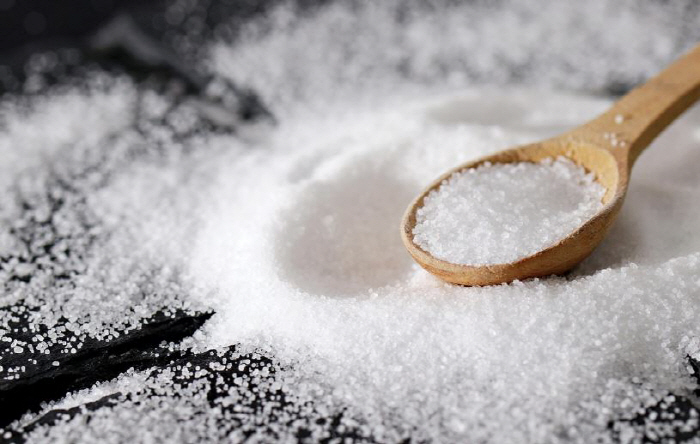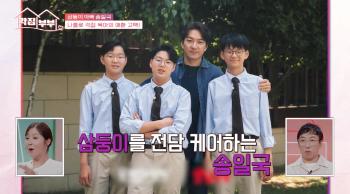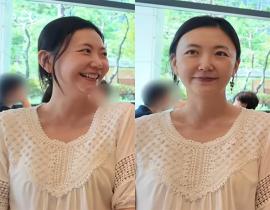Salt is always added to meals, and the risk of hearing loss is up to 23%
Sep 15, 2025
|
The research team conducted a long-term follow-up survey of about 490,000 adults aged 40 to 69 and found that those who "always add salt" to their meals had a 23% higher risk of hearing loss than those who "almost never do". In particular, this association was more pronounced in the relatively younger age group under the age of 60, in men, and in the group without diabetes or hypertension.
Existing studies have explored the association between salt intake and hearing damage, but they have not reached consistent conclusions as they have focused on small-scale studies. This study is of great academic and clinical significance in that it is the first study to present causal clues between salt intake frequency and the risk of hearing loss based on the world's largest cohort data.
Professor Da-jung Jeong said, `This study shows that salt intake habits can affect the occurrence of hearing loss, and it has great public health implications for the prevention of hearing loss in that it suggests the possibility of preserving hearing through simple dietary improvement.'
This achievement provides an important basis for contributing to the preparation of preventive strategies for hearing loss and the development of customized nutritional treatment guidelines in the future, and was published in the latest issue of the international journal 『The Journal of Nutrition』 (Health Aging Elsevier / Impact factor 4.7).
|
This article was translated by Naver AI translator.















